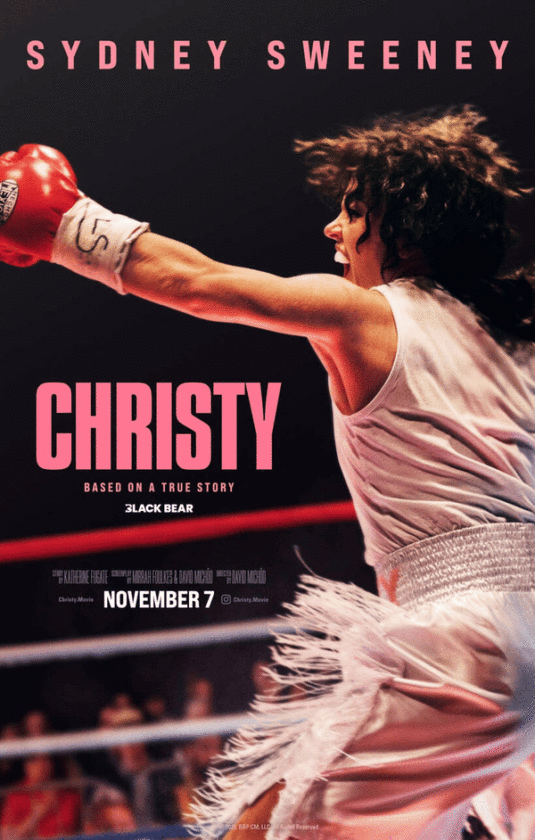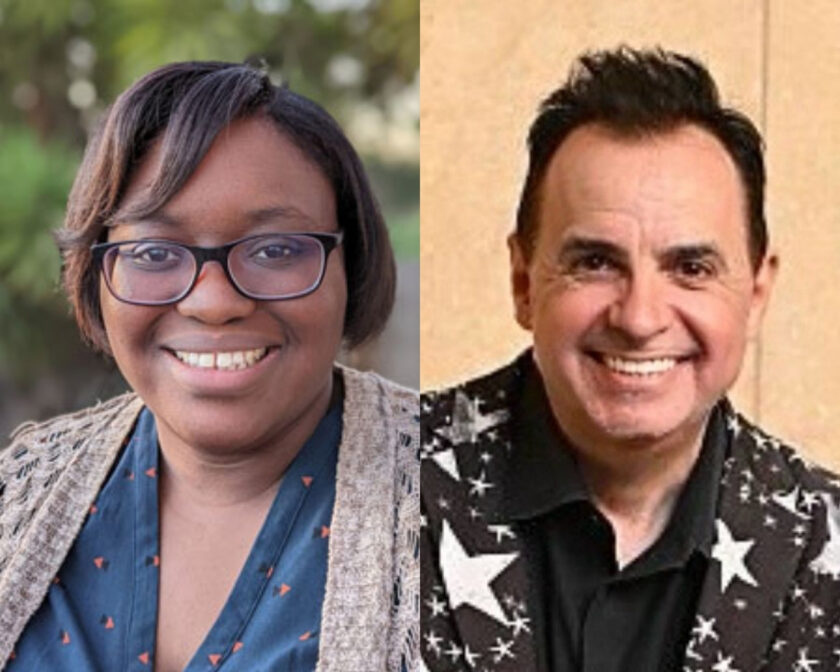Friday, May 16, 2003 4:13 PM
Nearly 75 journalists, legal experts, law enforcement officials and civic activists traded stories of civil liberties in a May 1 forum called “Covering Civil Liberties in Times of Crisis: Have the Rules Changed?”

The event, co-spon- sored by USC’s Institute for Justice and Journalism, New California Media and the Los Angeles Press Club, featured a half-day of panels and workshops on how the media has cov- ered issues such as gov- ernment immigration sweeps and terrorism inter- rogations following Sept. 11, 2001 and the passage of the Patriot Act.
“Mainstream media is not comprehending the profound change” in civil liberties since 9/11, said Gabriel Lerner of La Opinion. He cited the dearth of coverage of the detainment of airport workers in a government “anti-terror- ism sweep.” He said it was hard to get names of anyone being held, and as it turned out many of the workers were cited merely with INS infractions that had nothing to do with homeland security. “There was an environment of secret proceedings, military tribunals, names not released,” he said.
But Francisco Arcaute of the Bureau of Immigration and Customs Enforcement cau- tioned journalists not to take “sad sack cases” at face value. He cited the case of a writer who wrote the tale of an immigrant she claimed was being harassed by the INS when it turned out that the immigrant “was a criminal.”
“When you come up with a sad story, and the violins are playing, make sure you get your facts straight,” Arcaute said. But he acknowl- edged that because of confidentiality laws, INS officials couldn’t comment on the specific case, and therefore their knowledge of the immigrant’s criminal record, to the reporter.
Other concerns were raised about the greater classification of government records under the guise of “national secu- rity.” Pete Demetriou, reporter for KFWB, said that one problem is that many reporters “don’t understand what they are covering,” and often don’t know what should be an open record and what
should not.
Karen Ocamb, head of the LAPC’s Sunshine Coalition, led a information. Among the pressing concerns: Proposed state laws that would limit access to records and open meetings.
Other panelists included Barbara Blinderman, an attorney with the California First Amend-ment Coalition and the LAPC’s Sunshine Coalition; Samina Faheem of the American Muslim Alliance; Patrick McDonnell of the Los Angeles Times; Ban Al-Wardi of the American-Arab Anti Discrimination Committee; Momar Visaya of the Asian Journal; Kelli Sager, attorney for the Los Angeles Times; Matthew McLaughlin of the FBI; Tom Saenz of the Mexican American Legal Defense Fund; and Niels Frenzen of the USC School of Law. Kyle McKinnon, producer for KCRW’s “To the Point,” was the moderator.
Other workshops were led by Sandip Roy of Pacific News Service and Victor Merina of the Institute for Justice and Journalism. Sandy Close of New California Media and Seth Rosenfeld of the San Francisco Chronicle pro- vided closing comments.



